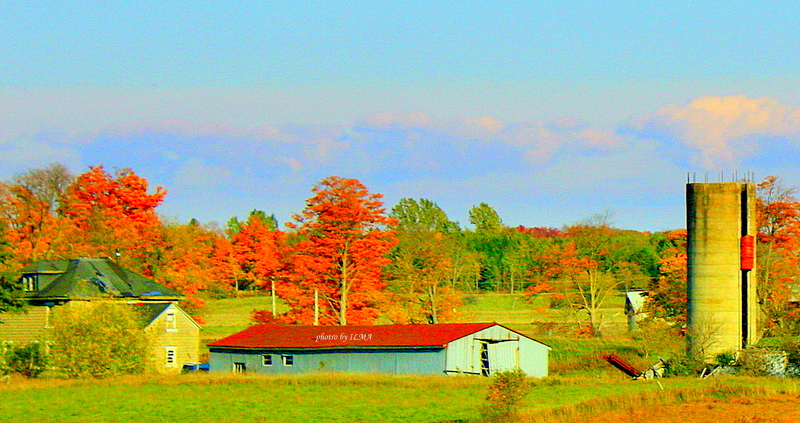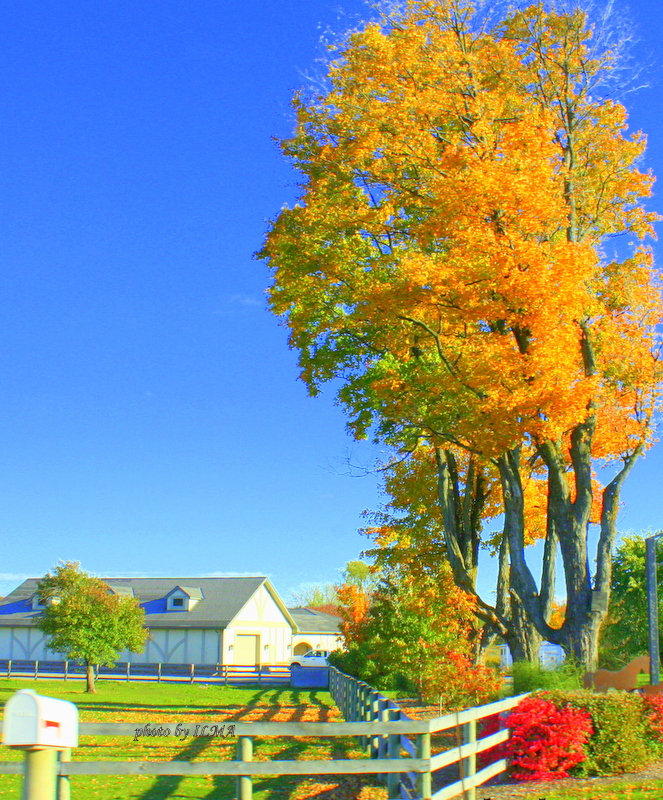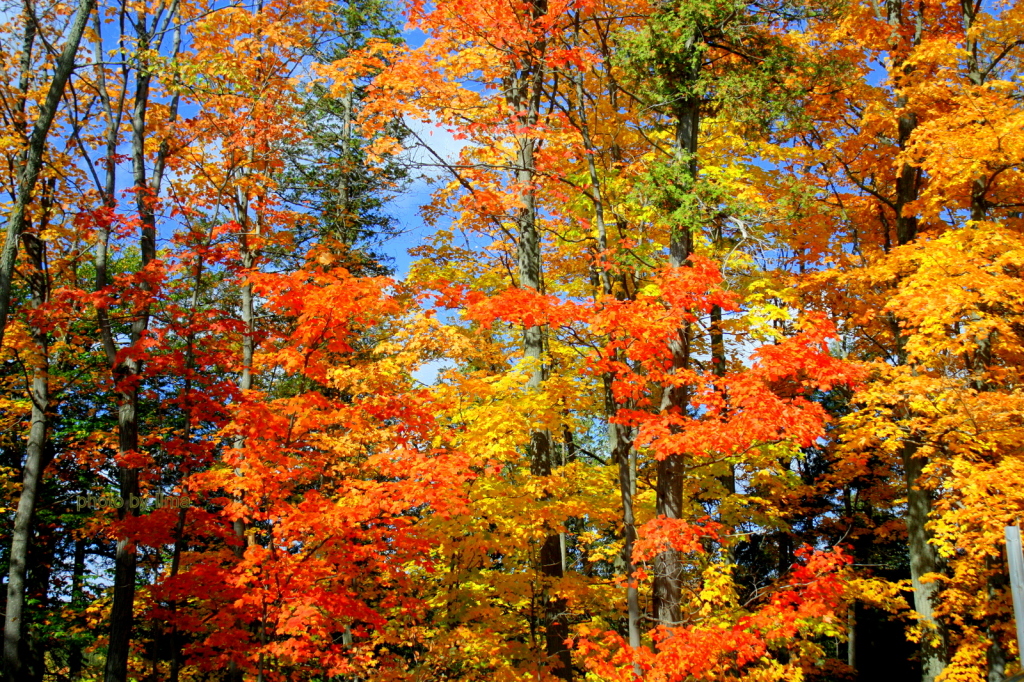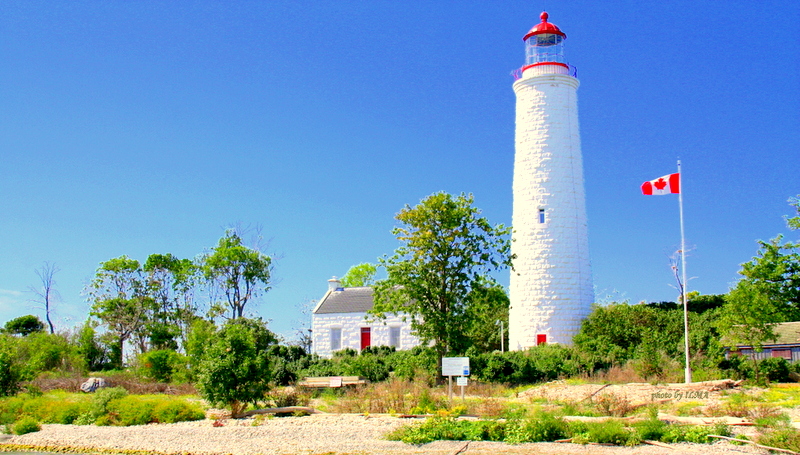PROVERBS 13
21 Disasterpursues sinners,
but the righteous are rewarded with good.
22 A good man leaves an inheritance to his children’s children,
but the sinner’s wealth is laid up for the righteous.
23 The fallow ground of the poor would yield much food,
but it is swept away through injustice.
24 Whoever spares the rod hates his son,
but he who loves him is diligent to discipline him.
25 The righteous has enough to satisfy his appetite,
but the belly of the wicked suffers want.
– Proverbs 13:21-25
PROVERBS 13 THE WICKED SUFFERS WANT
A poem by ILMA inspired by these verses
Those who are wicked and evil have insatiable longings
They can never have enough and are always in pursuit of cravings
The righteous on the other hand count their blessings
They are content with whatever they have been given.
Solomon continues to lay down the benefits and disadvantages of seeking good versus pursuing wickedness. One of the symptoms of going the way of the wicked is that they are in constant want. They are never satisfied with what they have. They always want more and they will do anything to get that desire.
Have you ever seen television shows documenting the lives of hoarders? It is such a sorry sight to see how their greed has led them to isolate and live unhealthy lifestyles. Even though we know that it is a mental health condition that could have resulted from either a loss or a lifestyle of greed, it is likely that they do not know the Lord who can be their assurance. They somehow feel a sense of control when they gather more to replace the loss of something or someone. There is an insatiable longing to collect and hold on to things which traps them into such depravity. Solomon gives us a picture that such control and inability to let go of things is a result of the evil of greed and power.
REFLECTION
- Share an experience manifesting how the wicked suffers want.










